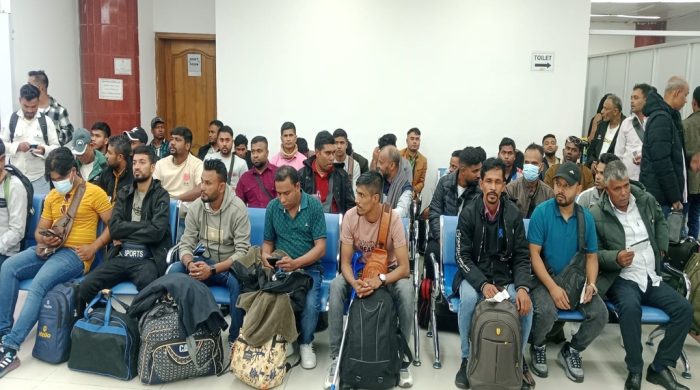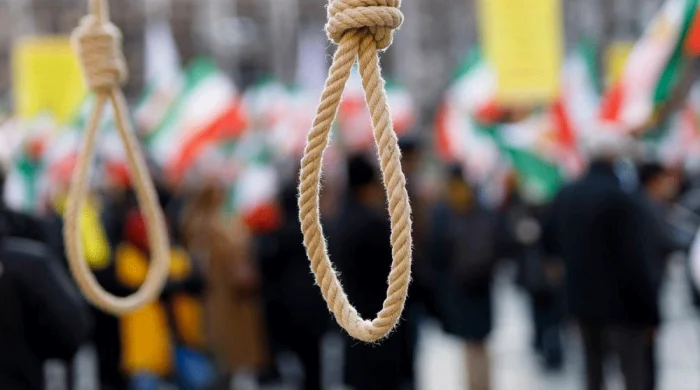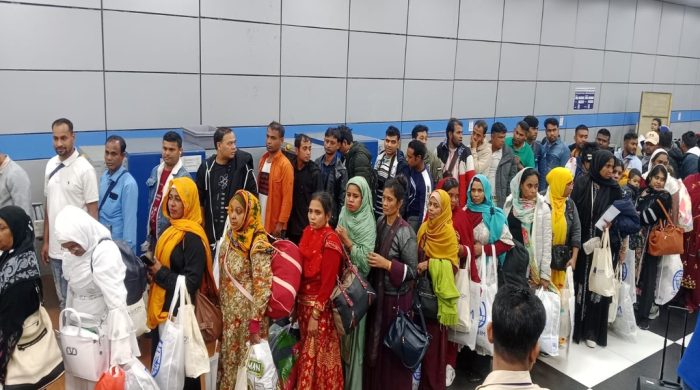Tripartite meet on Rohingya repatriation begins

- Update Time : Tuesday, January 19, 2021
- 105 Time View

A virtual tripartite meeting among Bangladesh, Myanmar and China began on Tuesday afternoon to discuss ways to expedite the Rohingya repatriation process.
The repatriation talks with Myanmar remained halted for nearly an year due to COVID-19 pandemic and general elections in Myanmar.
Foreign Secretary Masud Bin Momen is leading the Bangladesh delegation in the virtual meeting.
Vice Minister of China Luo Zhaohui virtually joined the meeting from Beijing with Bangladesh and Myanmar delegations.
The international community finds the repatriation of Rohingyas to Myanmar as the only solution to the crisis while Bangladesh wants to begin repatriation as soon as possible.
Bangladesh and China are scheduled to share their ideas with Myanmar in the meeting to expedite the repatriation process.
On the eve of discussions between Bangladesh and Myanmar on resolving the Rohingya refugee crisis, China, which provides the ‘tripartite’ framework to the dialogue, said it will continue to support the other two countries to find an early and durable solution.
China also assured that it will promote peace, development and prosperity in the region.
Chinese Ambassador to Bangladesh Li Jiming met Foreign Secretary Masud Bin Momen at the Ministry of Foreign Affairs on Monday and discussed the issue.
Earlier, Foreign Minister Dr AK Abdul Momen said Bangladesh has handed over a list of 840,000 Rohingyas to Myanmar for verification.
“Myanmar has verified very few people. They’re very slow. They verified only 42,000 people (5 percent). There’s a serious lack of seriousness,” said the Foreign Minister.
Dr Momen said they are doing their part but Myanmar is not helping the same way. He said he is always hopeful of beginning repatriation as history says they took back their nationals in 1978 and 1992.
More than three years ago, Myanmar’s soldiers “targeted, killed, and raped” Rohingya and burned their villages, as the United Nations, Refugees International, United States Holocaust Memorial Museum, the U.S. State Department itself, and many others have documented.
Over 800,000 Rohingyas fled the “genocidal violence” and Bangladesh is now hosting over 1.1 million Rohingyas.
Bangladesh is trying in multiple ways – bilaterally, multilaterally, tri-laterally and through the judicial system – to find a lasting solution to the Rohingya crisis.
Bangladesh and Myanmar signed the repatriation deal on November 23, 2017.
They then signed a document on “Physical Arrangement”, which was supposed to facilitate the return of Rohingyas to their homeland.
But repatriation attempts failed twice in November 2018 and August 2019 – clearly amid Rohingyas’ “lack of trust” in the Myanmar government that things would be any different were they to return.
Subsequently during the 74th UNGA held in September, 2019 in New York, China took the initiative to propose the tripartite framework with their presence largely in an overseeing role, that can nevertheless hold both sides to account on their respective commitments to each other.
The Bangladesh side had already complained of Myanmar acting in ‘bad faith’ during negotiations, whereby they never had any intention of taking the Rohingya back, and was only meeting to keep up appearances.
However soon after a meeting of the trio on January 20, 2020, the coronavirus lockdowns started taking effect in different parts of the world.

























